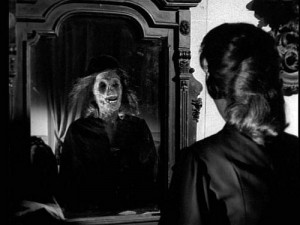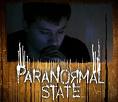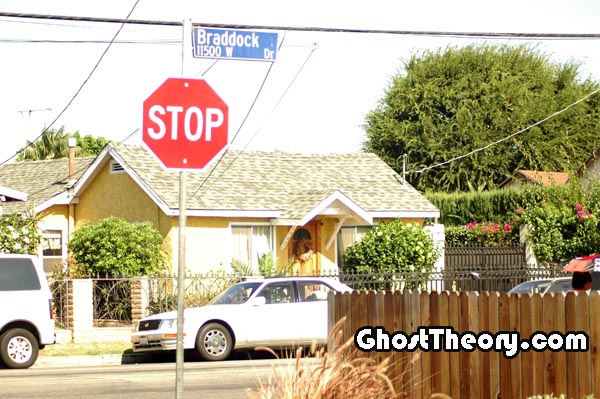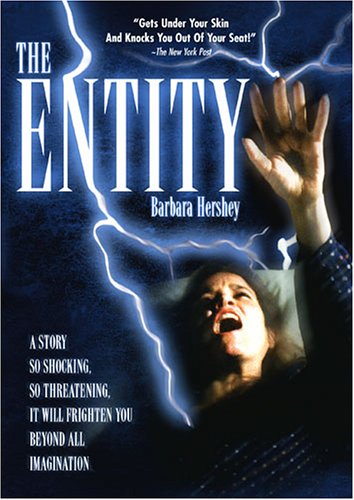Growing up in Mexico you can’t help but develop a vast knowledge of paranormal related folklore. Like American kids and their indoctrination of the history of the pilgrims, Mexican kids are indoctrinated with tales of the Aztecs and their human sacrifices and tales of ghosts, gnomes and devils. Teachers would talk about the Aztecs’ role in Mexico and the Meso-America territory, as much as they would love to talk about Mexican folklore. like the legend of the weeping woman.
Outside school, we kids talked about the paranormal almost constantly. We knew the locations to the city’s haunted homes and the rumored spots where some unfortunate person was said to be found dead or sometimes buried. All kids games I guess. Most  families had a haunted room in their home. No matter if they lived in an apartment or a big house, one of the rooms was always haunted. Yea, you’d be scared and tried not to go in the room, unless your mother asked you to get something from it, in that case it’s was pretty much over for you. Scared, you still had some fun with it. It’s said that the want for terror resides in all humans, probably why horror movies always sell more tickets. This is how most Mexicans treat the paranormal. As something to be afraid of, but made light of at the same time. Such a conundrum.
families had a haunted room in their home. No matter if they lived in an apartment or a big house, one of the rooms was always haunted. Yea, you’d be scared and tried not to go in the room, unless your mother asked you to get something from it, in that case it’s was pretty much over for you. Scared, you still had some fun with it. It’s said that the want for terror resides in all humans, probably why horror movies always sell more tickets. This is how most Mexicans treat the paranormal. As something to be afraid of, but made light of at the same time. Such a conundrum.
A few weeks ago I had dinner with parapsychologist Dr. Barry Taff in a restaurant in Downtown L.A. It was time well spent with great food and great conversations. Throughout the evening, we talked about hauntings in the city of angels. Since Dr. Taff has investigated over 4,000 reports of hauntings and UFOs all over L.A., we eventually got into the topic of most haunted areas. Dr. Taff’s observation of there being a lack of African-American families involved in his paranormal cases is interesting. No matter what part of L.A. he drove out to during an investigation, never did an African-American family appear to have any issues with ghosts or hauntings. Why is that?
Latinos and African-Americans occupy most of central and south central Los Angeles. With a lot of cases in and around these areas, never did he hear about an African-American home being haunted. Although it sounds odd, I think it’s pretty straight forward. African-Americans simply won’t put up with it. Mexicans and other Latinos will tolerate it and mark the “haunted part” of the home as the cucuy’s room and try their best to stay out of it. Caucasians or Asians will either not believe in it or have the house blessed right away. Proactive. African-Americans? As soon as they hear a slight rumor of it being haunted, they’re out. No need to deal with the unknown if the option to avoid it is presented.
My fiancee is African-American. Raised Muslim and now practicing Wicca, she’s been raised in NY, LA and Egypt. Her perception of haunted homes? She won’t deal with them. She might not believe in hauntings the way I do, but she knows that if a place is rumored haunted, she won’t set foot in it. “Real or not, I’m not finding out” is her stance when it comes to the paranormal.
Don’t get me wrong, I’m sure a lot of African-American families live or once lived in a haunted home, but according to the cases investigated by Dr. Taff, there was a huge lack of them. I guess when it comes down to it, race is really not a factor. Hauntings happen to everyone, it all depends on how you deal with it.




